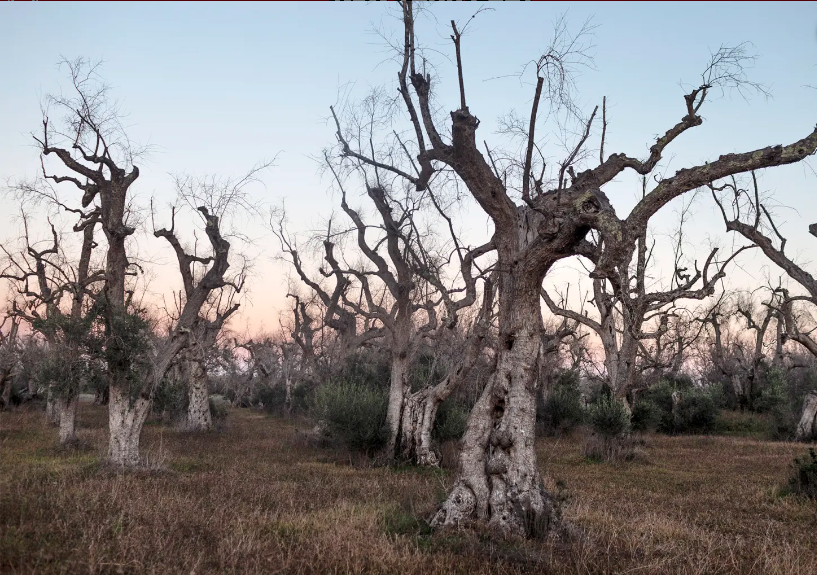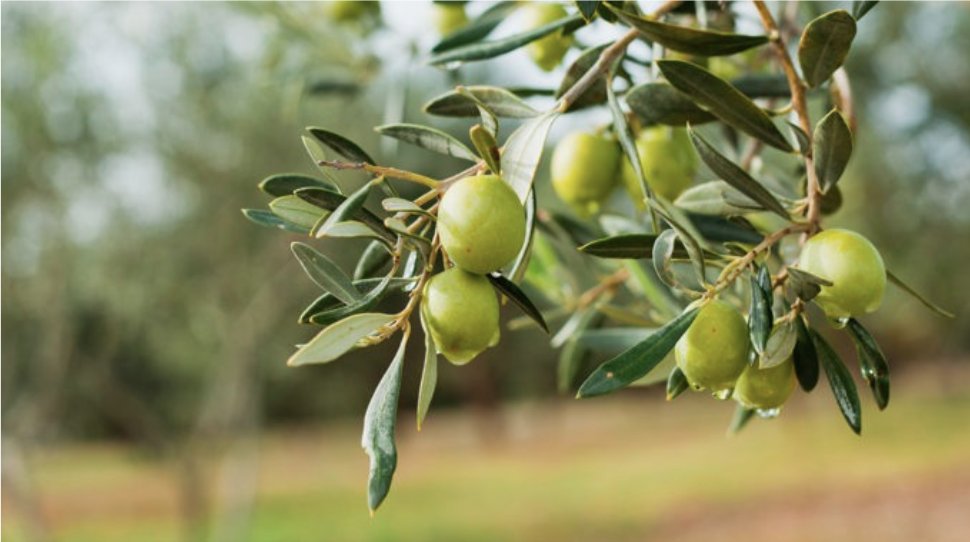The Mediterranean region has long been known as the heartland of olive oil production, with countries like Spain, Italy, and Greece dominating the market. However, recent heat waves and soaring temperatures in southern Europe have affected olive oil production, leading to a significant increase in prices and a scramble to find alternative sources. The International Olive Oil Council announced that Spain produced 660,000 tonnes of olive oil last year instead of the 1.3m tonnes it produces in an average year.

One country that has not been severely affected by this heatwave is Jordan. In fact, they are currently swimming in olive oil. Olive trees thrive in Jordan’s arid climate, and the country has been able to maintain a steady supply of this liquid gold.
While Jordan may be enjoying an excess of olive oil, the situation is quite different for European producers. As temperatures continue to soar, olive oil prices have skyrocketed. This has prompted European producers to look towards the Middle East to fill the gap.

Tunisia is one such country that has seen a significant increase in olive oil prices. The price for a kilo of extra virgin olive oil is up more than 100% from a year ago. Similarly, Turkey is experiencing high demand for bulk olive oil, leading the government to impose a tax on exports. Even smaller producers like Lebanon are witnessing unprecedented demand for their olive oil, with a Spanish company buying up all the local wholesale reserves.
The situation is so dire that fears of a global olive oil shortage are growing. With Europe baking under a record-breaking heatwave and the autumn harvest just a few months away, there are concerns about whether there will be enough olives to meet demand.
The impact of this potential shortage goes beyond just higher prices for consumers. Olive oil plays an integral role in Mediterranean cuisine and culture. It is not only used for cooking but also as a key ingredient in cosmetics and traditional remedies. A shortage could have far-reaching consequences for both the culinary and health industries.
WE SAID THIS: Don’t Miss…Unique Experiences To Have On Your Journey Through Jordan


